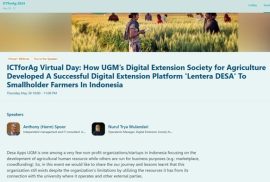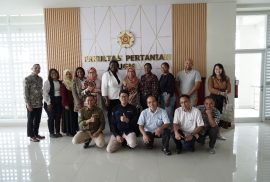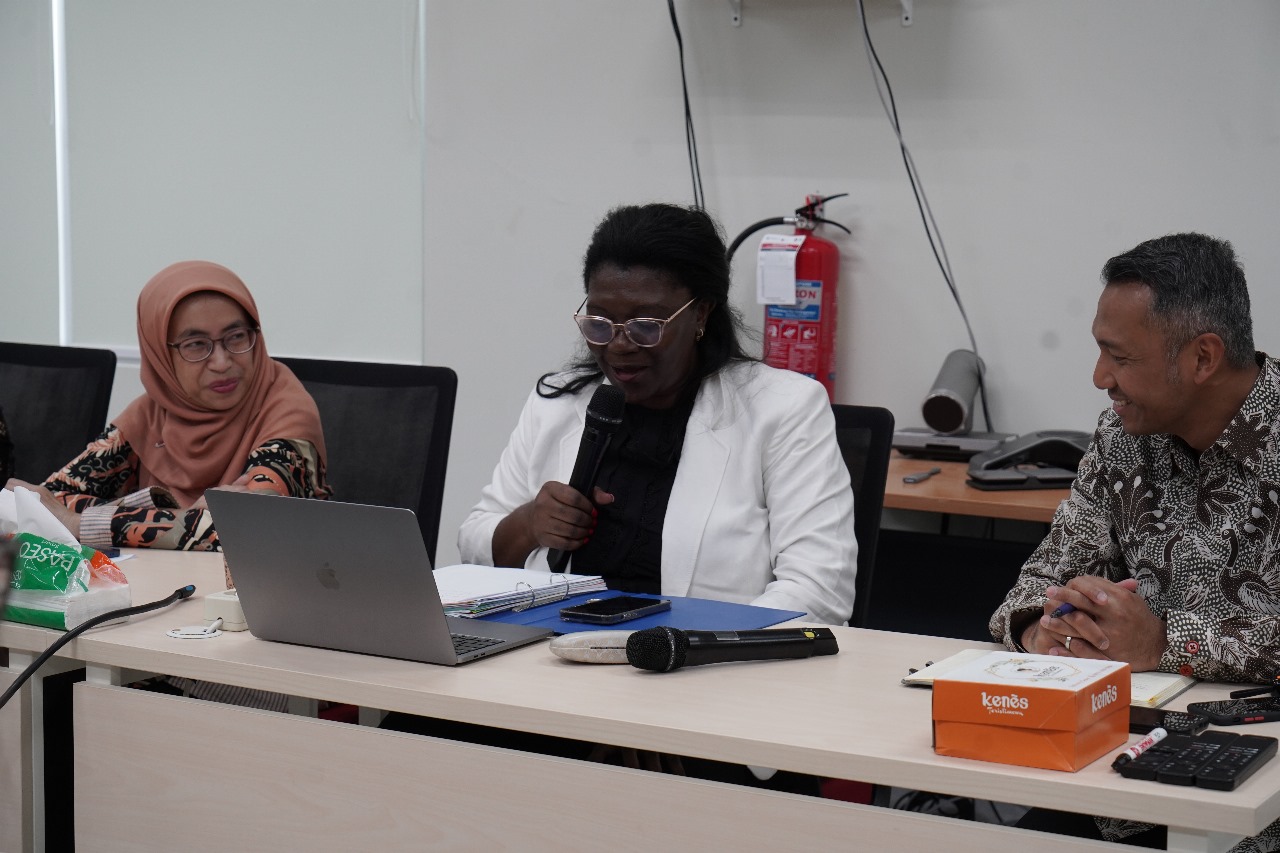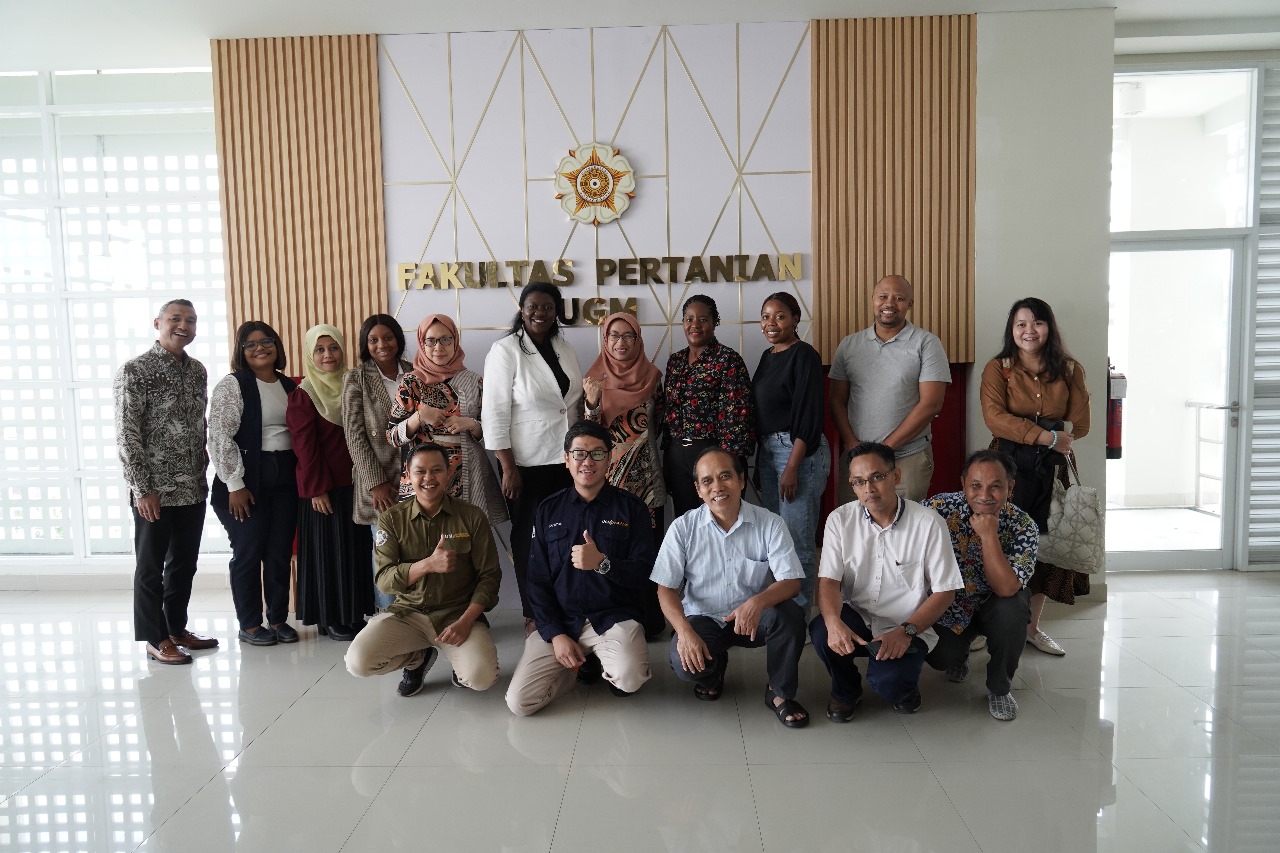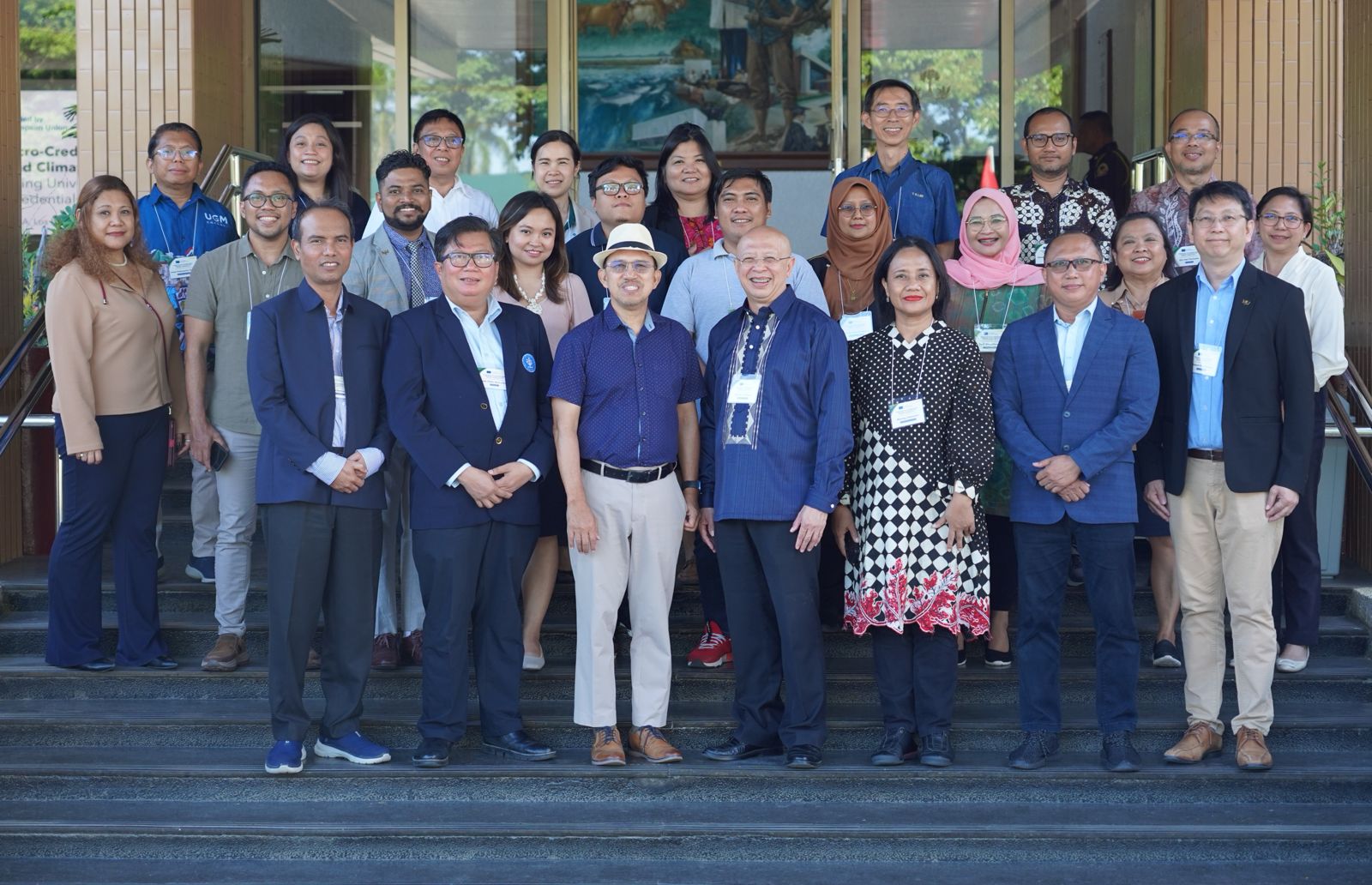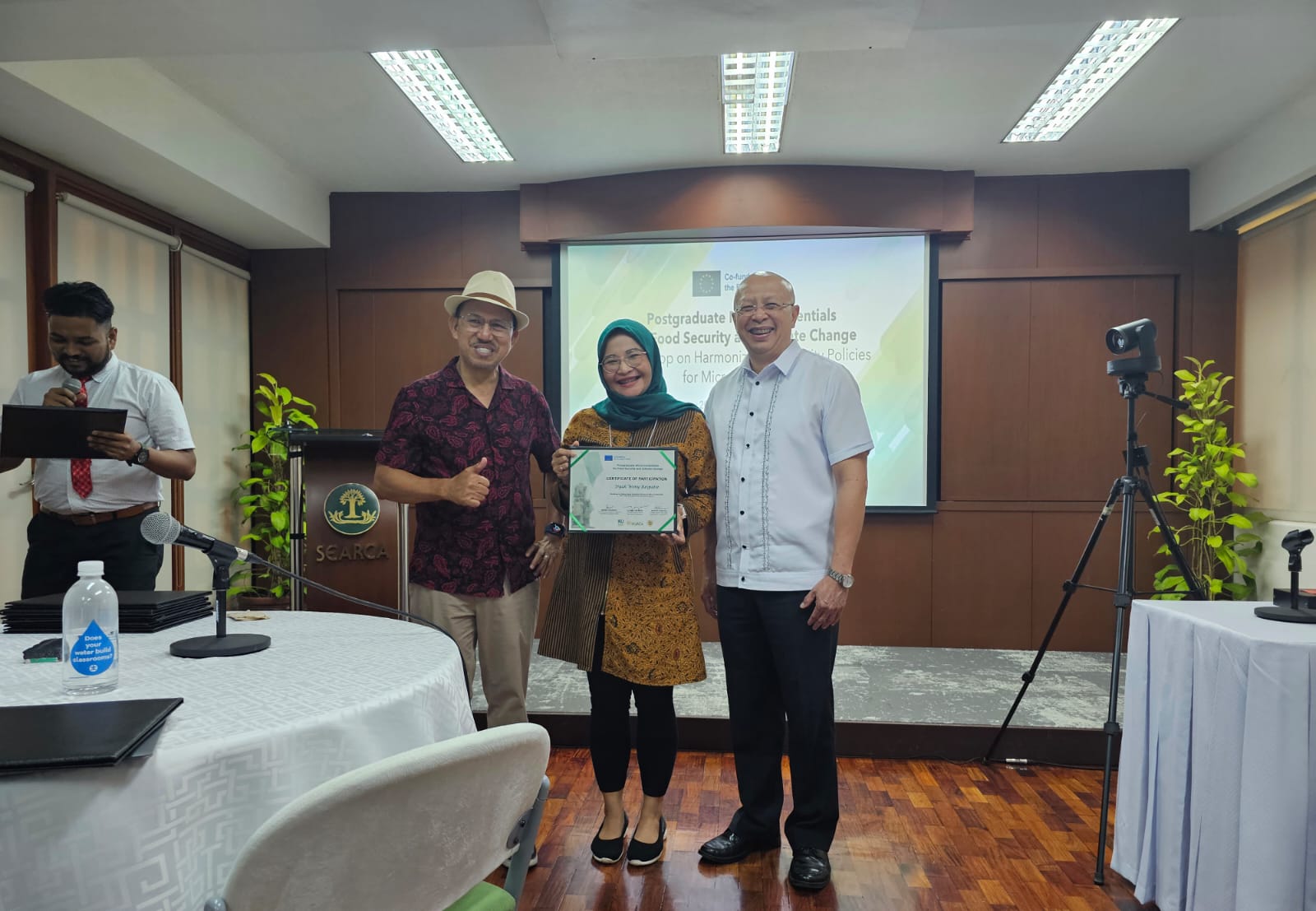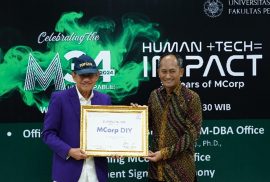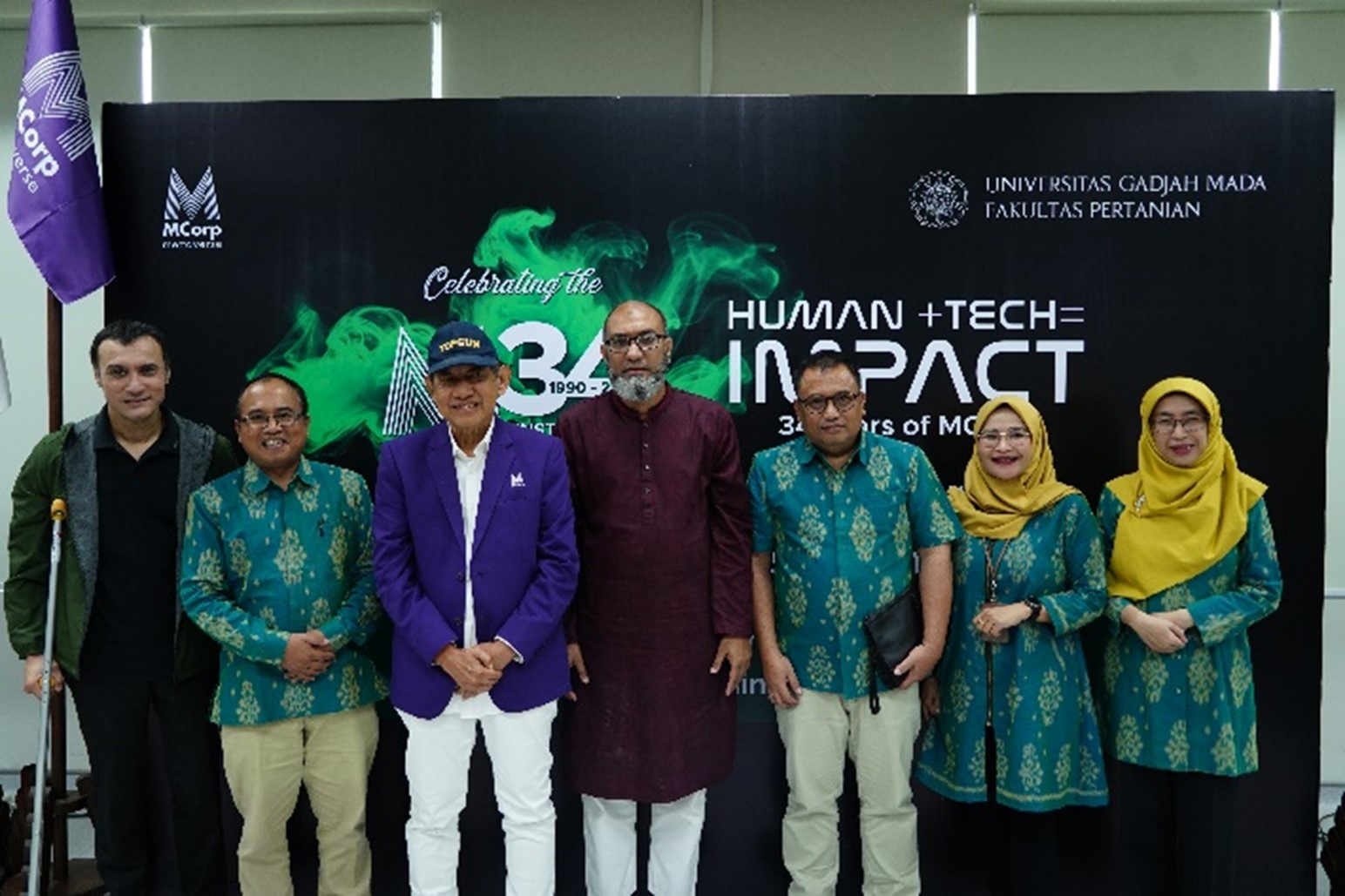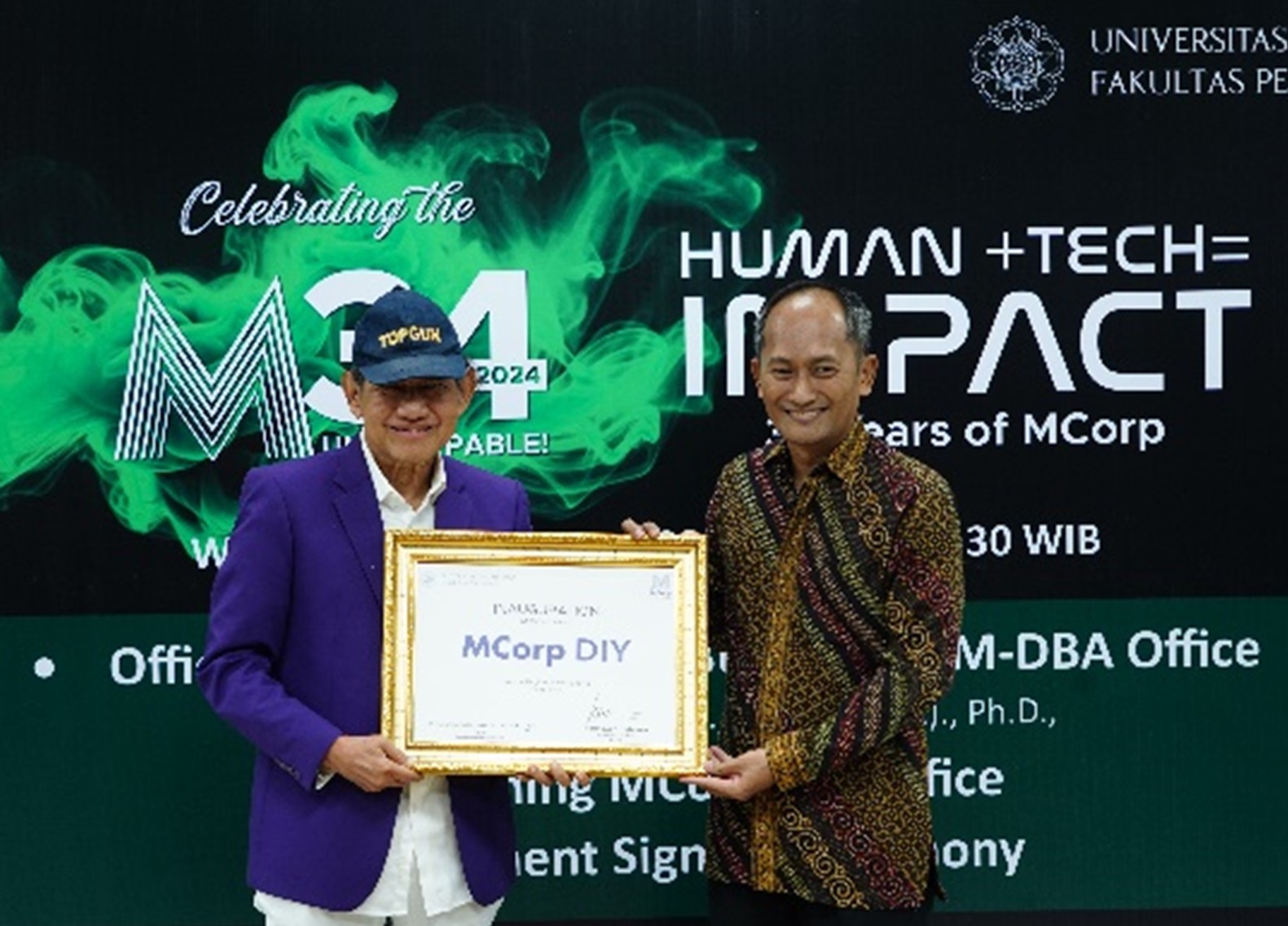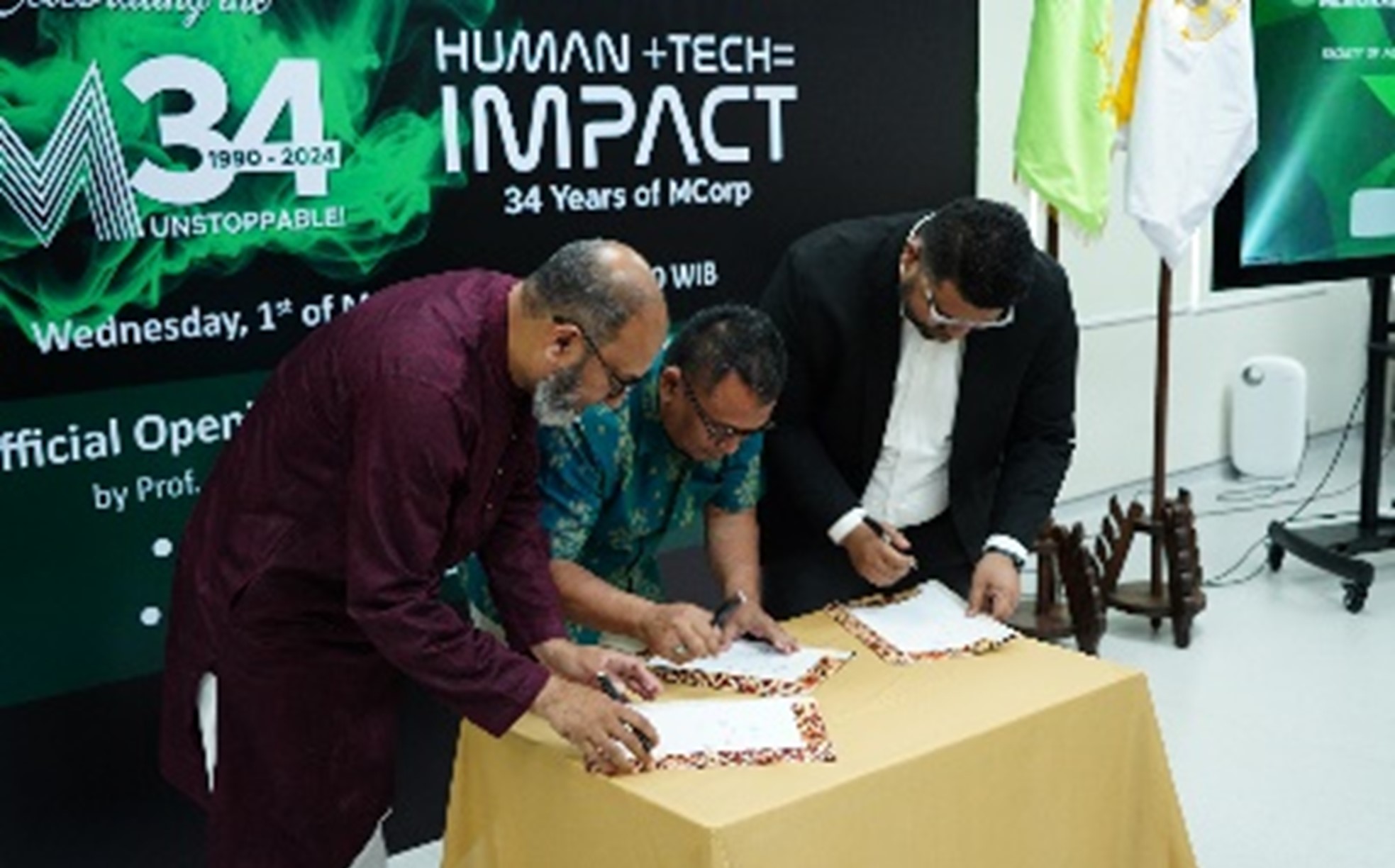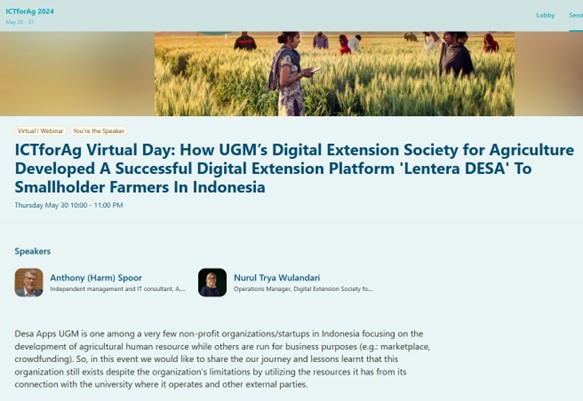
Digital Extension Society for Agriculture Application Universitas Gadjah Mada (Desa Apps UGM) has participated in ICTforAg 2024 annual convening where agrifood system stakeholders, technology experts, and enthusiasts gather to share knowledge, find solutions, and form partnerships to address challenges in agrifood systems across low and middle-income countries. The event was held on 28th-30th May 2024 simultanously in 5 countries: New Delhi (India), Nairobi (Kenya), Texcoco (Mexico), Philippines; and Washington DC (USA). It also took place online via Zoom. This becomes a great opportunity to introduce Desa Apps UGM to the global society, specifically concering about digital agriculture that has been burgeoning issues within the last decade.
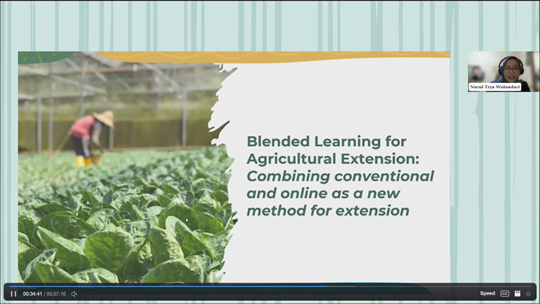
This year, the annual convening was attended by 314 participants from Asia and Pacific, US, Europe, and Africa with 103 sessions in total. In this occasion, Desa Apps UGM shared about its experience in managing programs related to digital agriculture and developing platform for digital extension. The topic of presentation was “How UGM’s Digital Extension Society for Agriculture Developed A Successful Digital Extension Platform ‘Lentera DESA’ To Smallholder Farmers In Indonesia” delivered by Nurul Trya Wulandari as the Operations Manager of Desa Apps UGM and Anthony Harm Spoor as the expert partner since 2021.
Desa Apps UGM developed an Android-based mobile app ‘Desa Apps’ in 2017 (see: https://desa-apps.ugm.ac.id/). Then, in 2021 with support from PUM (Programma Uitzending Managers) Netherlands Senior Experts and PT. Wijaya Karya, it developed a website-based platform ‘Lentera DESA’ that provides features for online training in agriculture-related topics, including fisheries and animal husbandry (see: https://lenteradesa.id/). Moreover, Desa Apps UGM uses social media to disseminate information and knowledge about research and innovation in agriculture. It aims to help farmers and extension workers grab information in a more efficient way regardless time and geographical boundaries through internet and their devices. Aside from those, it also develops ‘Bincang Desa’ to facilitate interactive discussions among farmers, experts, and extension workers.
Nurul and Harm also talked about Desa Apps UGM’s challenges and strategies within the last 4 years to develop. Partnerships, experts’ support from the university, and using data-generated decisions were keys to keep sustain. Data becomes pivotal, so this organisation uses all information from its platform’s database, social media’s data insight, and other supporting data. In this presentation, they also shared about how Desa Apps UGM introduced a blended learning for agricultural extension combining conventional or field visit and online methods using ‘Lentera DESA’. It was found that field facilitators were key to help farmers adopt digital technology. For further information, the full recorded presentation is accessible via this link: http://ugm.id/ICTforAgDesaAppsUGM.
This collaboration is also a concrete manifestation of the Faculty of Agriculture UGM’s commitment to achieve SDG 2: Zero Hunger, SDG 12: Responsible Consumption and Production, SDG 14: Life Below Water, SDG 15: Life on Land, and SDG 17: Partnerships for the Goals
Reported by: Nurul Trya W.

